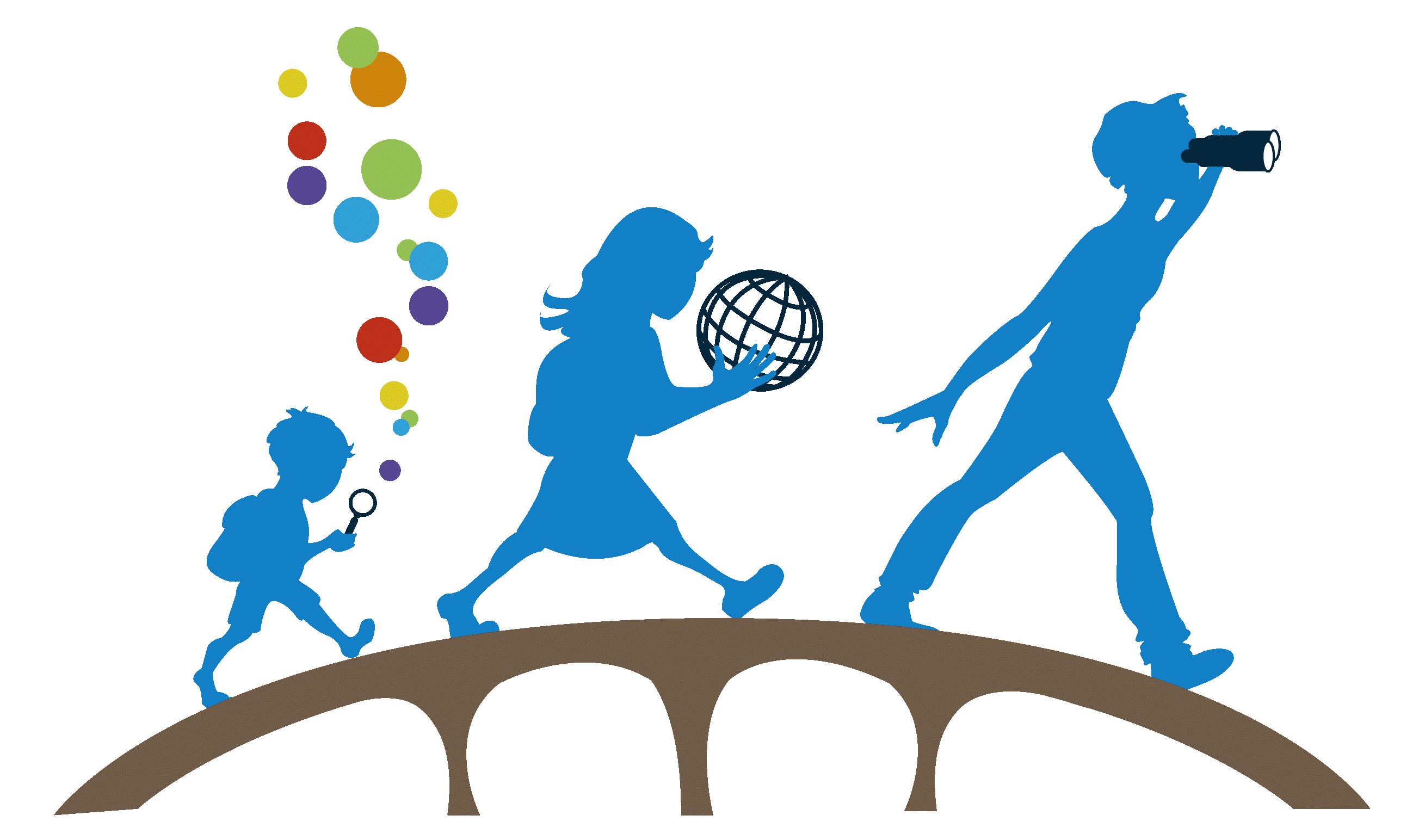The Montessori approach
Montessori education is a means of bringing up human beings to reach their full potential. If development is optimal from birth to adulthood, the individual can be described as having a sense of solidarity, of responsibility towards humanity and the environment. He feels that he belongs to something much bigger than himself, and that he has a role to play in this world. He is aware of his strengths and weaknesses, his abilities and his interests, he contributes to his environment and achieves his life goals.

Maria Montessori discovered that human development is not linear, but occurs in stages. Human development can be divided into four major planes of development:
-
the first plan is that of early childhood (0-6 years)
-
the second plan is that of childhood (6-12 years)
-
the third plane is adolescence (12-18 years old)
-
the fourth level is the arrival at adult maturity (18-24 years).
During the first and the third plane, the spiritual life and the physical life develop, it is part of the internal development of each one.
During the second and fourth plane, the social and professional life are created and this is part of the external life.
At all stages of development, nature gives the child different skills, interests and strengths. If the child does not use them at this precise moment, these potentialities will be lost.
Characteristics and principles of the Montessori approach


Role of the adult
-
Know the natural laws of the child's development (the absorbent mind, the human tendencies, the sensitive periods, 4 planes of development)
-
Observe objectively
-
Be humble
-
Be a role model
-
Have a respectful posture towards the child
-
Prepare the environment
Prepared environment
-
Secure
-
Clear and bright
-
Beautiful, Spacious, Simple, without too much stimulation
-
Orderly
-
Child-size furniture
-
Real objects, varied and adapted to the height and to the strength of the child
-
Activities that meet the child's developmental needs

